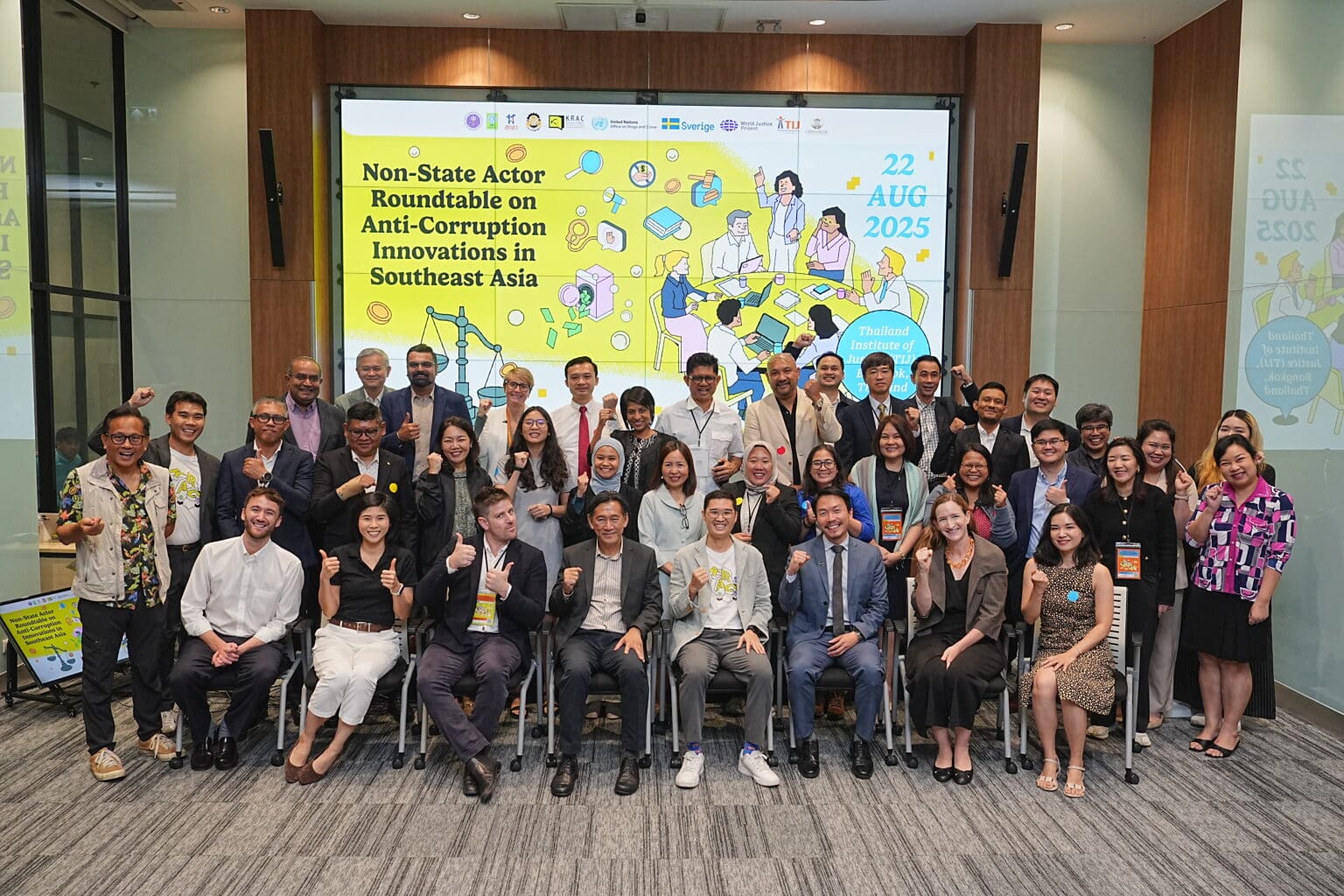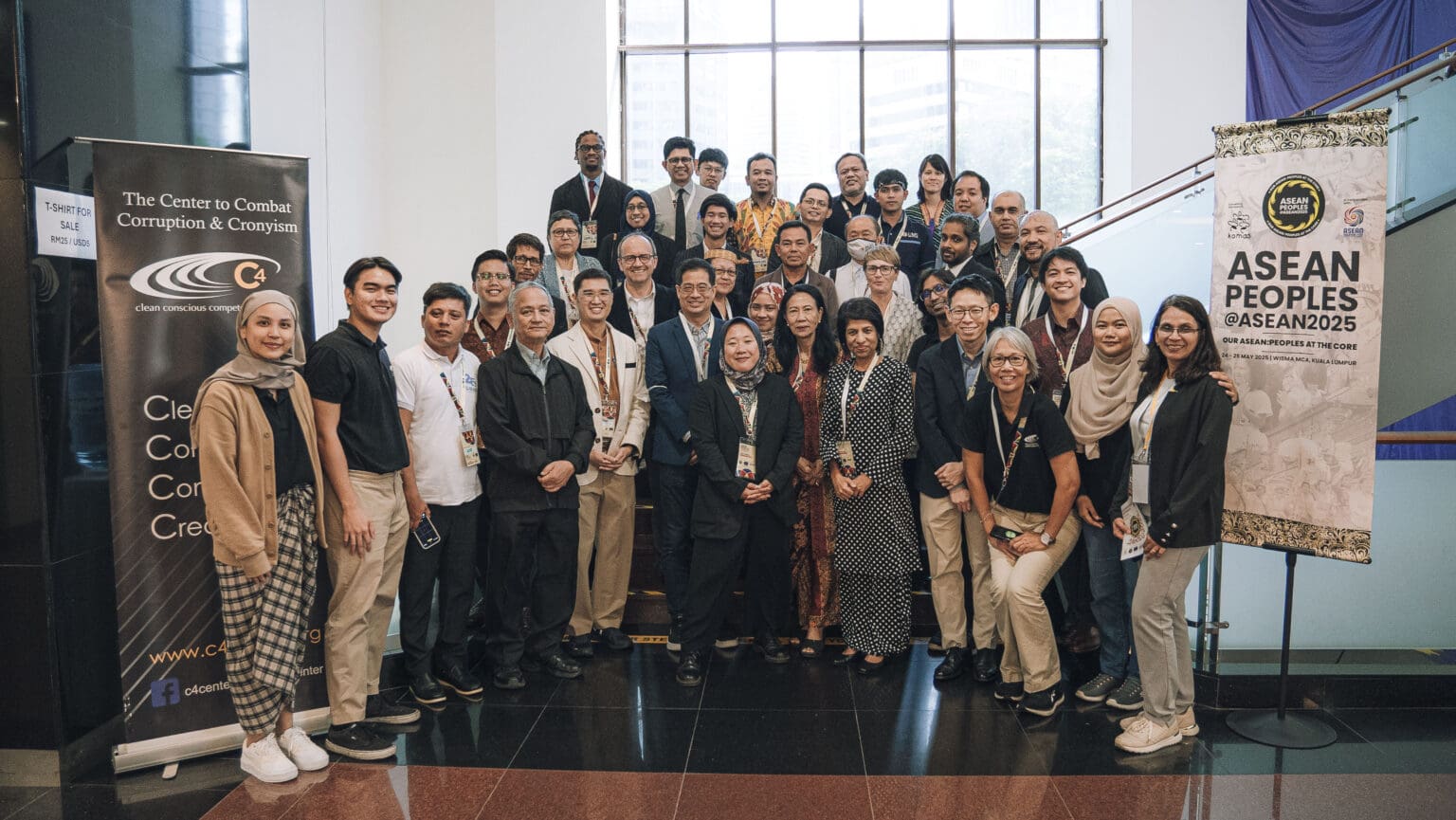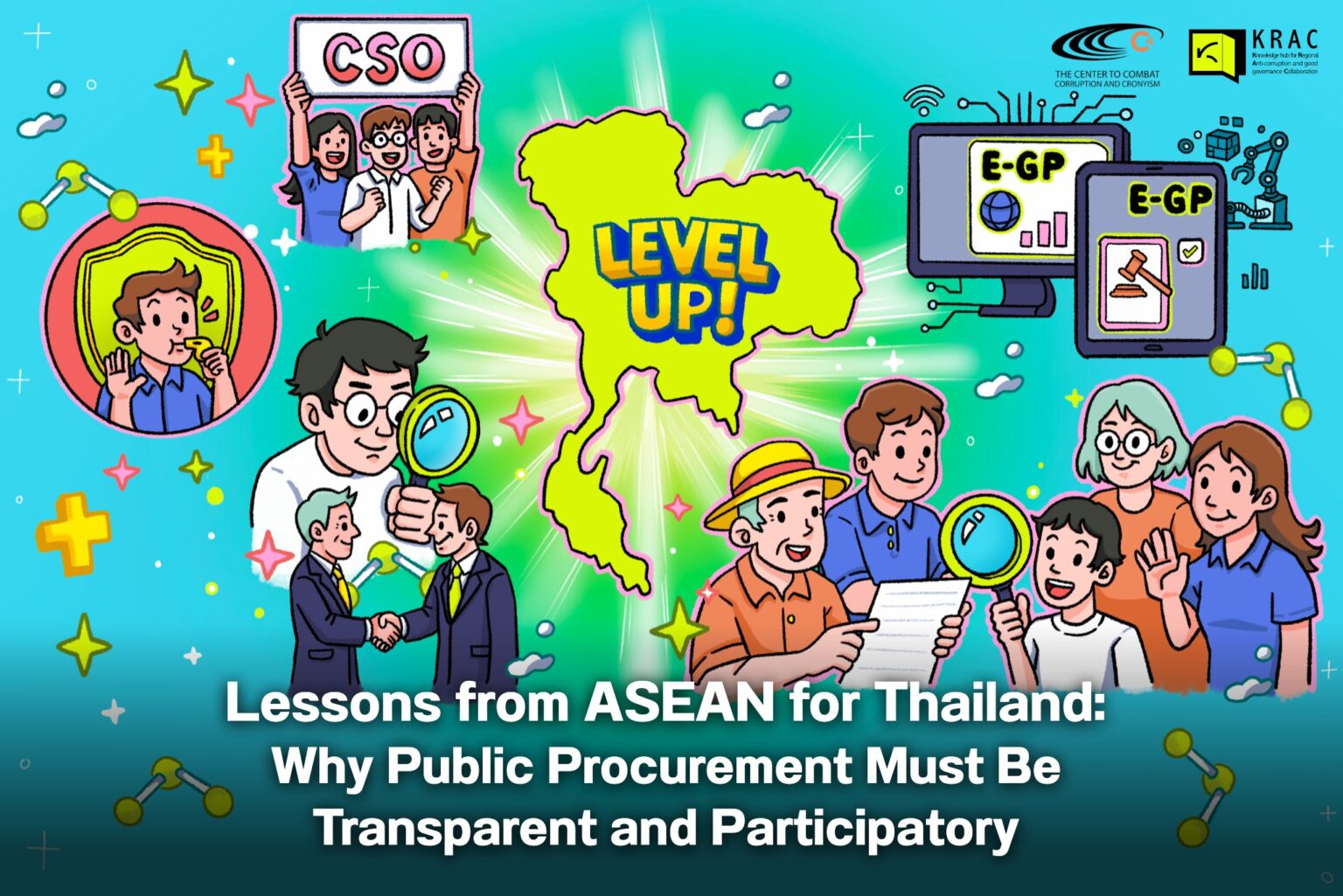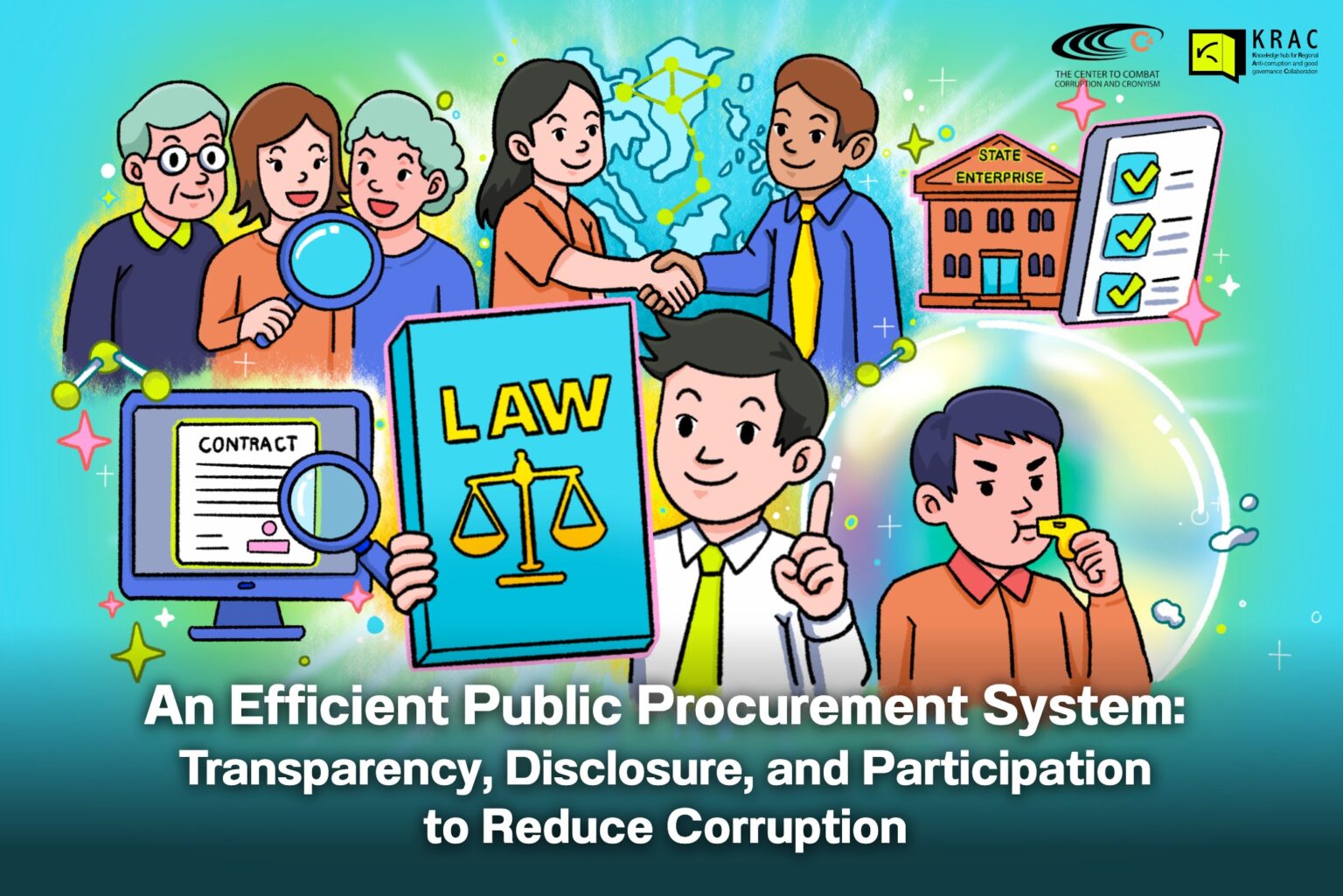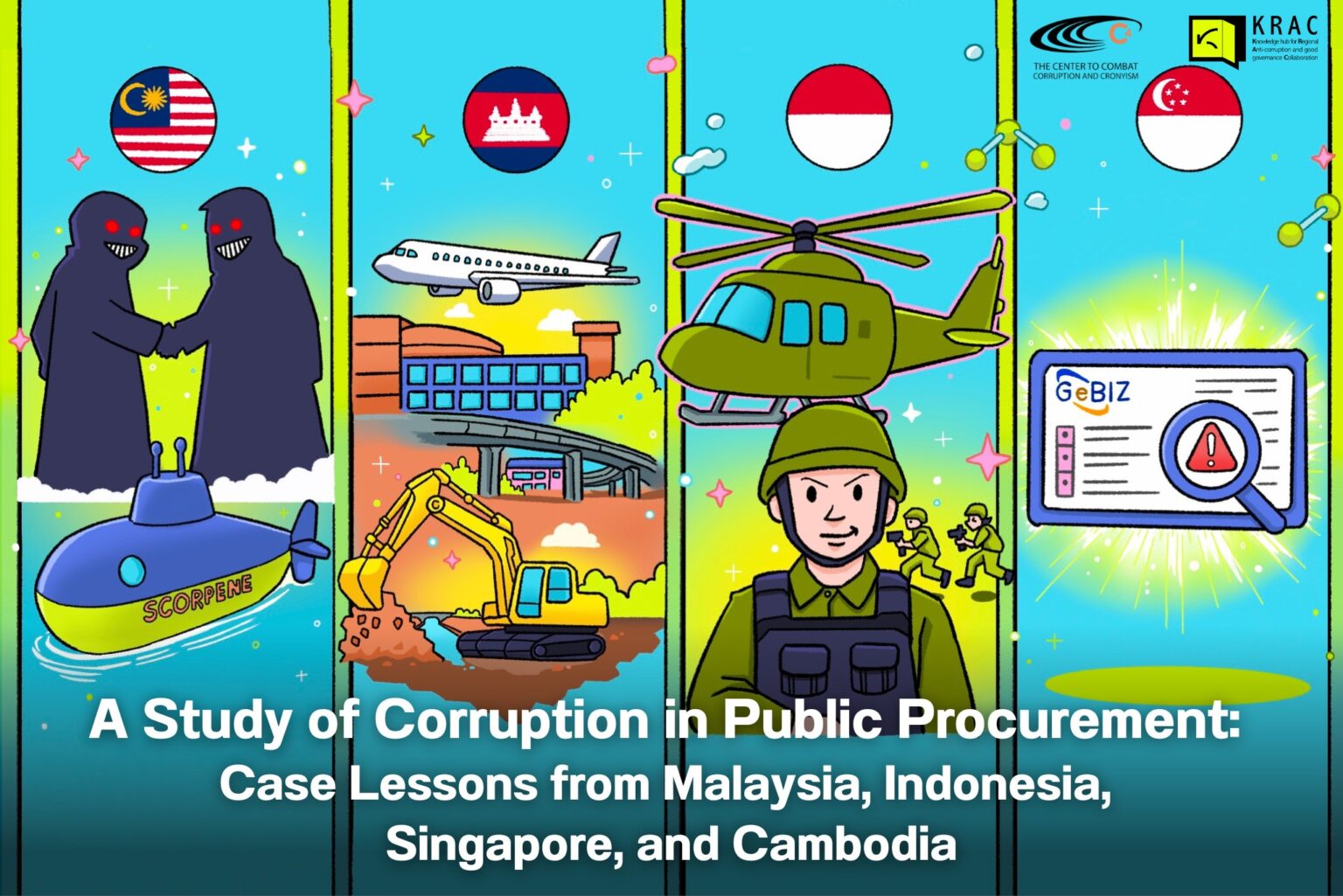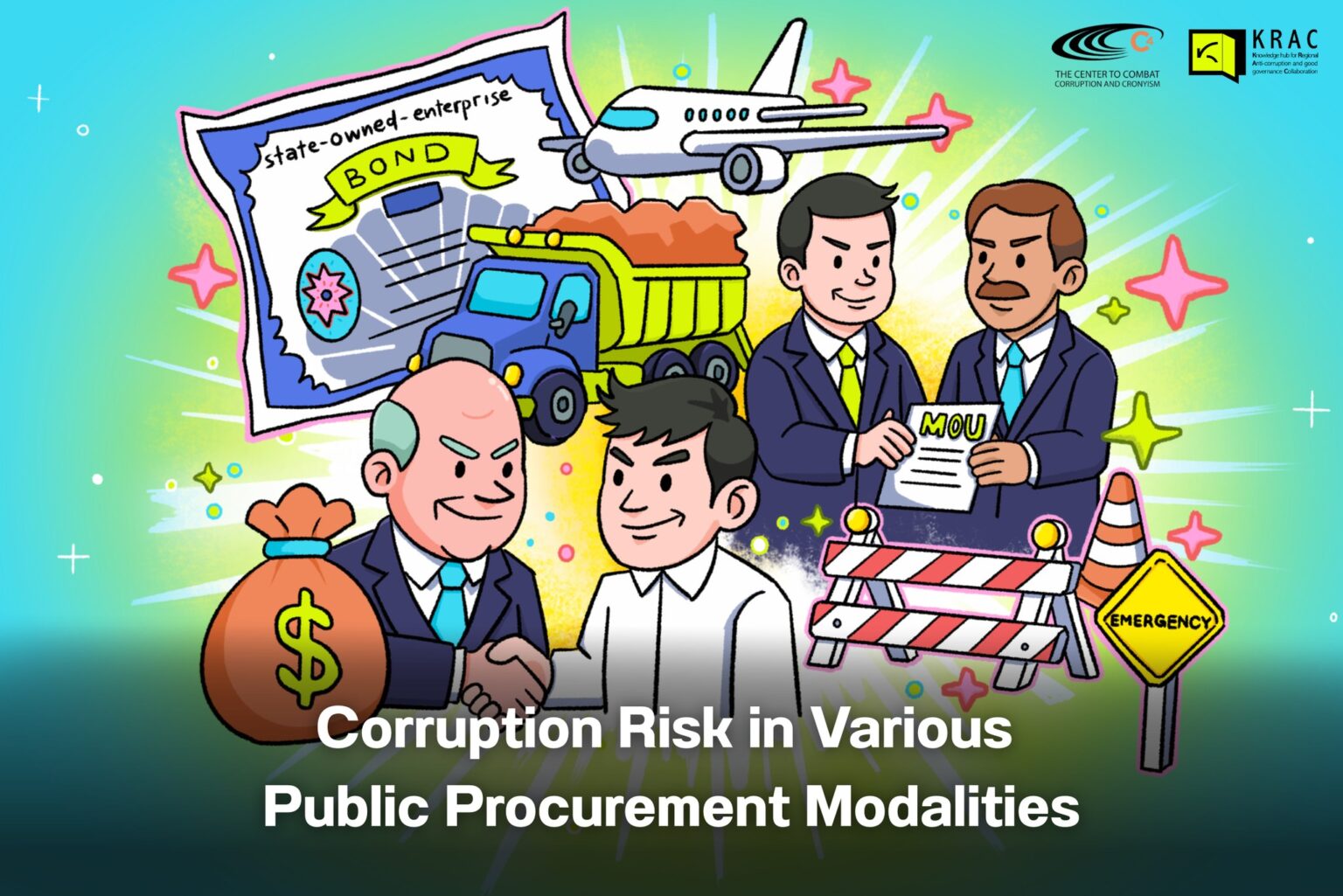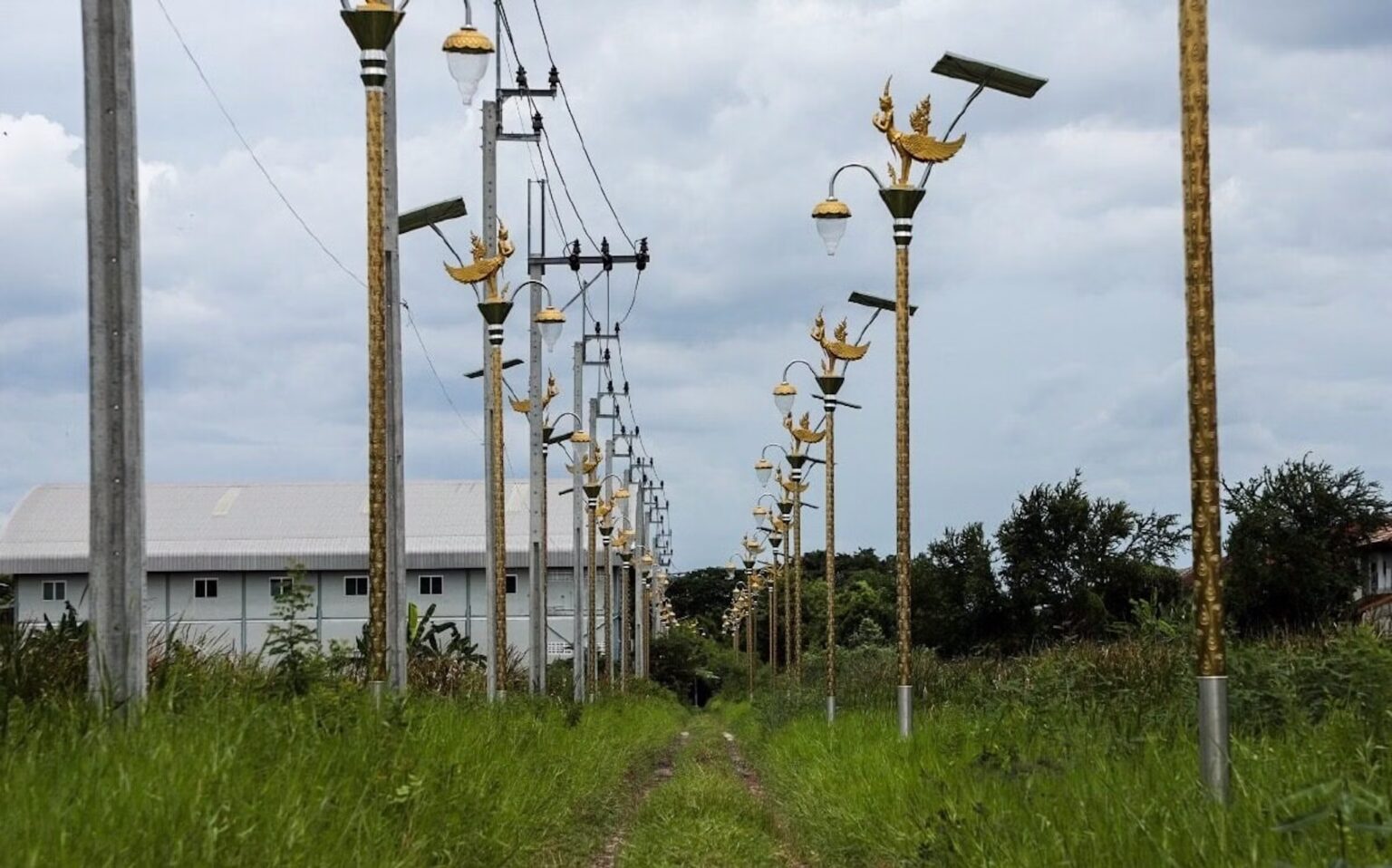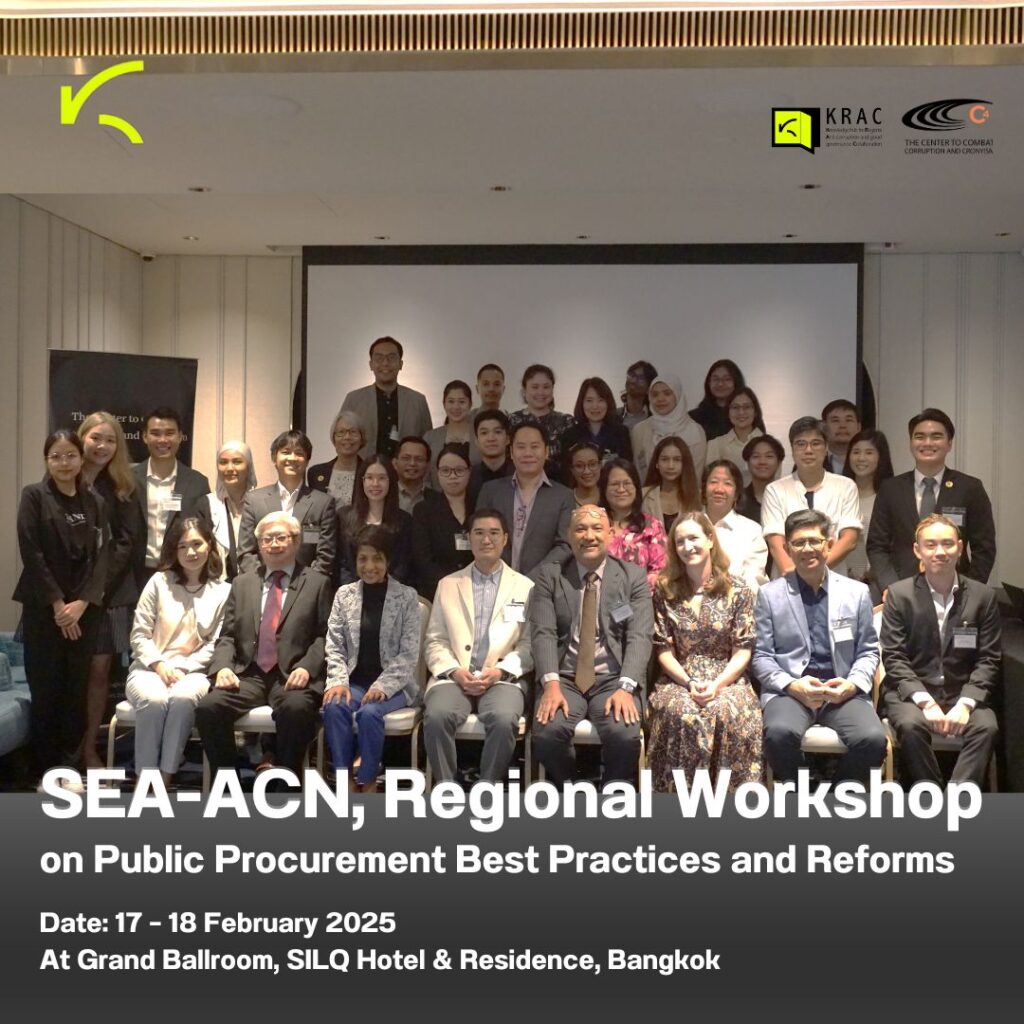
Public procurement is a vital component of government administration and public expenditure management. It is an issue that has consistently received significant attention due to its inherent risks of corruption in public sector operations.
Despite shared challenges in public procurement processes across member states, a substantial gap remains in mutual understanding regarding the approaches needed to drive reforms in this area. Specifically, opportunities for countries to learn from each other’s strategies to combat corruption within procurement remain underutilized. This includes approaches to promote reform initiatives and the methods each country employs to overcome operational challenges. Moreover, the current landscape of cross-border corruption presents increasingly complex challenges, as offenders exploit this to conceal illicit activities. Effective international cooperation is therefore critical to identify issues and develop solutions beyond sovereignty, within the broader framework of international norms and policies.
In light of these issues, fostering and strengthening international collaboration is of utmost importance. Under the leadership of the Center for Knowledge hub for Regional Anti-corruption and good governance Collaboration (KRAC), along with the Southeast Asian Anti-Corruption Network (SEA-ACN) —a civil society network established under the facilitation of the United Nations Office on Drugs and Crime (UNODC) and The Center to Combat Corruption and Cronyism (C4 Center) in Malaysia —organized a regional workshop. This gathering brought together anti-corruption agencies and stakeholders at both local and international levels to deliberate on the outlined challenges.
The regional workshop was held on February 17–18, 2025, under the theme “SEA-ACN, Regional Workshop on Best Practices and Reforms in Public Procurement” at the Grand Ballroom, SILQ Hotel, Bangkok, Thailand. It was organized by KRAC in collaboration with C4 Center, with support from UNODC. The event drew a total of 51 participants from 23 organizations, including over 34 representatives from multiple countries across Southeast Asia such as Malaysia, Indonesia, Laos, Cambodia, the Philippines, Singapore, and Thailand.
Objectives and Outcomes of the Workshop
The primary goal was to facilitate knowledge exchange and comparative analysis of government procurement practices within ASEAN member states. Discussions aimed to promote dialogue on best practices, legal frameworks, and strategies for enhancing transparency, integrity, and efficiency in regional public procurement processes.
Day 1 Activities
The opening session featured distinguished speakers involved in shaping procurement policies:
- Annika Wythes, Team Lead, Anti-Corruption Hub for South-East Asia , UNODC
- Torplus Yomnak, Associate Professor, Ph.D., Director of KRAC
- Pushpan Murugiah, CEO of C4 Center
Following the opening, Bryan Cheah from C4 Center presented research on Malaysia’s ongoing legislative efforts to improve transparency in public procurement. His presentation prompted fruitful Q&A and discussions, highlighting similarities and differences among regional approaches.
Subsequently, representatives from civil society organizations and government agencies (such as the Department of Comptroller General and the National Anti-Corruption Commission of Thailand) shared insights into their national legislative frameworks. Participants from Laos, Cambodia, the Philippines, Singapore, and Indonesia also contributed their perspectives on legal gaps that may enable corruption vulnerabilities.
Day 2 Activities
The second day focused on collaborative brainstorming and workshops, primarily facilitated by the Malaysian C4 team. Discussions centered on diverse procurement models—such as online procurement systems, inter-governmental procurement, and public-private partnerships—and their impact on transparency and risk mitigation.
The workshops aimed to identify effective strategies for policy advocacy, including mobilizing legislative support to establish or improve transparent and accountable procurement laws. Emphasis was also placed on regional cooperation and civil society engagement to expand public access to procurement data, drawing on successful practices like Thailand’s Central Government Procurement Standard System, which was highlighted as a potential model for adaptation across ASEAN countries.
Summary and Regional Outlook
This workshop provided a vital platform for stakeholders across the region to share experiences, establish best practices, and foster ongoing cooperation to combat corruption through improved procurement systems. The discussions emphasized the importance of regional alignment, legal reforms, and transparency efforts, contributing to stronger governance and integrity within Southeast Asia.
This collaborative effort lays the foundation for continued dialogue and joint initiatives to reinforce anti-corruption reforms in government procurement, reaffirming the commitment to good governance and sustainable development across the region.
Stay informed about the latest updates and progress following this workshop. Follow KRAC or visit our official website at https://kraccorruption.com/sea-acn-for-csos/ to receive comprehensive information and updates on regional collaboration and ongoing initiatives across Southeast Asia.
Knowledge hub for Regional Anti-corruption and good governance Collaboration (KRAC)
Thematic Reporting for CSO Forum : Enhancing Inclusivity and Sustainability @ASEAN PEOPLES 2025
The objective of the session is to gather case studies and experiences on the dangers of whistleblowing when speaking out against environmental crimes, accompanying SLAPP suits and recommend points for better protection.
SEA-ACN Roundtable | Unclear Government Procurement Processes Could Pave the Way for Corruption
Lack of transparency in public procurement processes can facilitate corruption—what measures can we take to mitigate these risks? Discover regional strategies to combat corruption in government procurement from the SEA-ACN Roundtable insights.
SEA-ACN Roundtable | Transform Your Organization with the Power of Corporate Governance
Unlock the power of corporate governance to transform and strengthen your organization. Discover key insights from the SEA-ACN Roundtable, supported by KRAC, UNODC, and regional partners.



